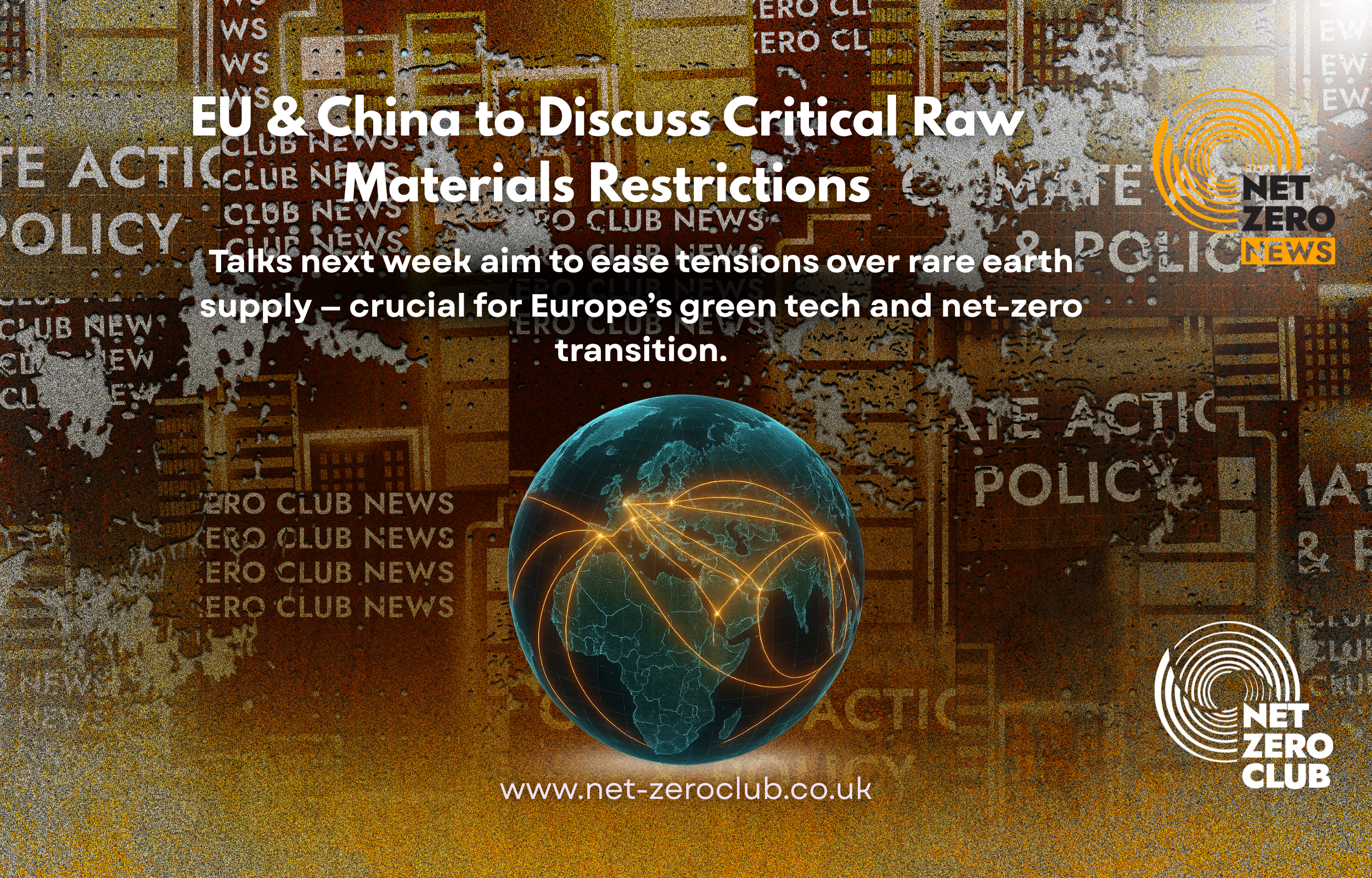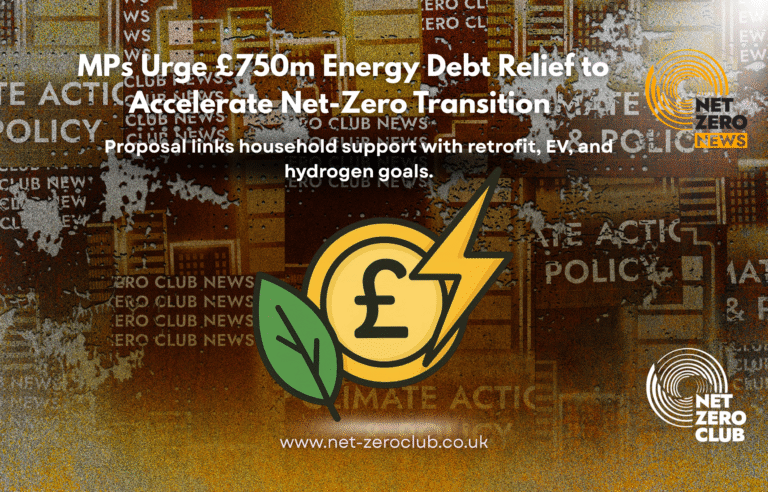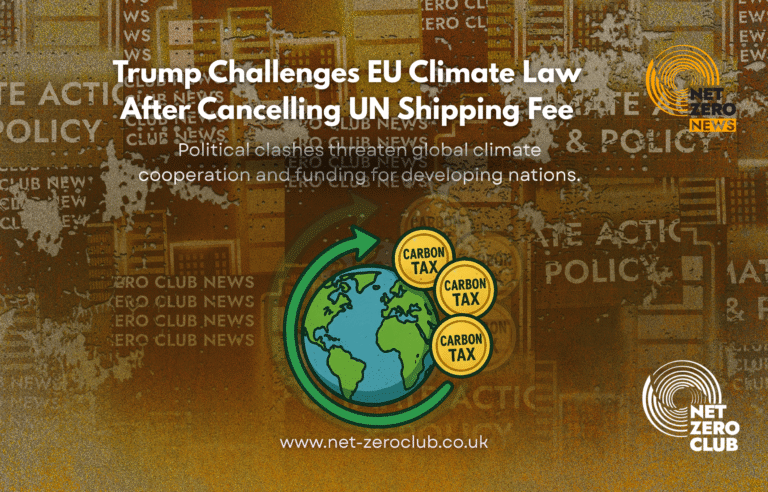China and EU Set for Raw Materials Talks Next Week

Greetings, Net Zero News Community,
In a significant development that may impact the future of global trade and environmental policies, the European Union and China are set to engage in crucial discussions next week regarding China’s recent restrictions on the export of vital raw materials, including rare earths and magnets. This dialogue comes at a time when both regions are grappling with the implications of supply chain disruptions and the pressing need for sustainable practices.
The European Commission confirmed the upcoming high-level meetings, which will be both in-person and virtual, as stated by trade spokesperson Olof Gill. These talks are part of the Export Control Dialogue, a framework that was enhanced following the EU-China summit in July. However, it is important to note that key figures such as Commissioner for Trade and Economic Security Maroš Šefčovič and his Chinese counterpart, Wang Wentao, will not participate in this round of discussions.
While the talks will primarily focus on the export controls imposed by China, the scope of the discussion remains somewhat ambiguous. There is uncertainty regarding whether the restrictions on semiconductors—another critical component of modern manufacturing—will also be on the agenda. This ambiguity highlights the broader tensions in global trade relations, particularly between major economies and their dependencies on specific resources.
Germany’s Foreign Minister Johann Wadephul recently postponed a planned trip to China, initially scheduled for next week. This decision underscores the growing concern among EU leaders about the implications of China’s export controls. During a meeting of EU leaders, the topic was raised, with many expressing their apprehensions regarding the EU’s reliance on Chinese raw materials. One official noted that the EU’s most potent trade tool, the Anti-Coercion Instrument, was mentioned, although it failed to elicit significant interest among the leaders present.
The European Union imports a substantial portion of its critical raw materials from China, particularly rare earth elements and permanent magnets. This reliance has placed the EU in a precarious position, caught between the geopolitical tensions of Beijing and the United States. The unfolding scenario has raised alarm bells within the EU, as European Commission President Ursula von der Leyen stated earlier this week that “a crisis in the supply of critical raw materials is no longer a distant risk.” This statement reflects the urgency with which the EU must address its supply chain vulnerabilities, particularly in the context of sustainability and environmental accountability.
This situation is particularly pertinent as the EU aims to transition towards greener technologies and reduce its carbon footprint. Rare earth elements are essential for various renewable energy technologies, including wind turbines and electric vehicle batteries. Therefore, any disruptions in their supply can have far-reaching implications for the EU’s net-zero goals.
The upcoming discussions between the EU and China will not only focus on the immediate concerns surrounding export restrictions but also explore longer-term strategies for ensuring a stable supply of critical raw materials. This dialogue is crucial as both regions seek to navigate the complexities of global trade while adhering to their environmental commitments.
As the EU continues to engage with China on these pivotal issues, it must also consider diversifying its sources of raw materials and investing in sustainable practices within its own borders. This would not only mitigate risks associated with over-dependence on a single supplier but also promote a more resilient and sustainable economy.
In conclusion, the discussions between Brussels and Beijing will be closely watched by industry leaders, policymakers, and environmental advocates alike. The outcomes of these talks could shape the trajectory of global trade relations and influence the EU’s path towards achieving its ambitious net-zero targets. As we move forward, it is imperative for all stakeholders to remain vigilant and proactive in addressing the challenges posed by supply chain disruptions and environmental sustainability.
Stay tuned for more updates on this developing story as we continue to monitor the interplay of trade, sustainability, and geopolitical dynamics in our quest for a net-zero future.
Thank you for being part of the Net Zero News Community!

 Got net-zero news, project updates, or product launches to share?
Got net-zero news, project updates, or product launches to share? 

